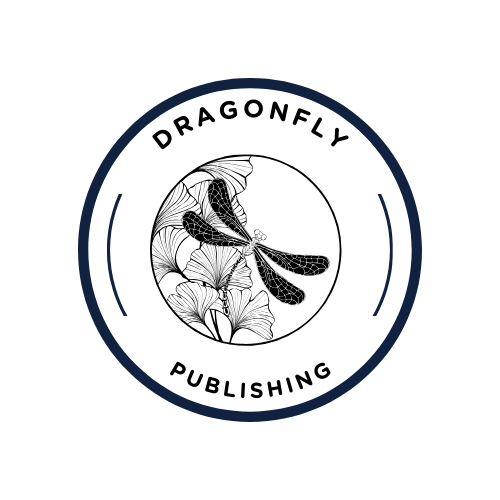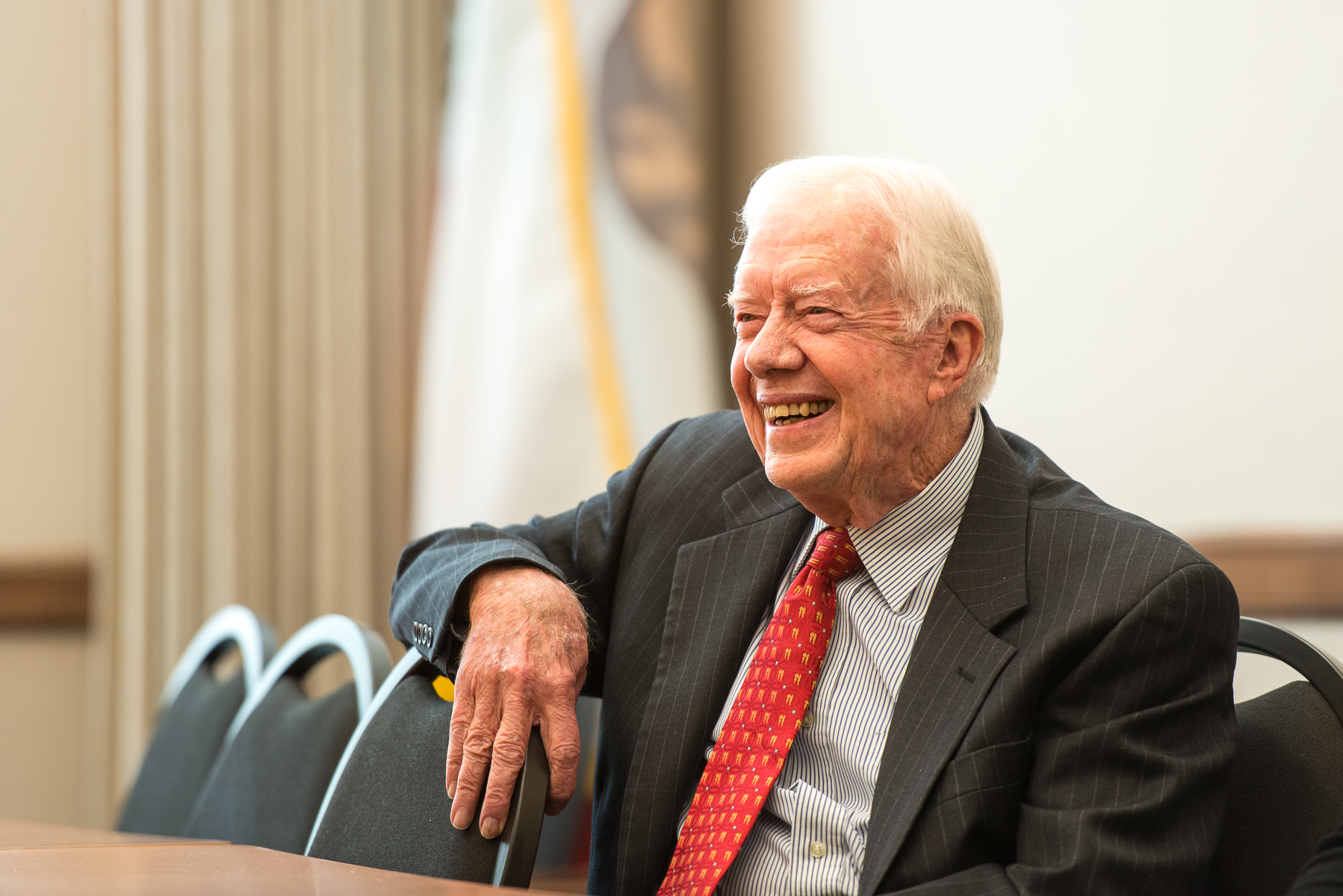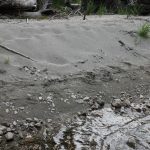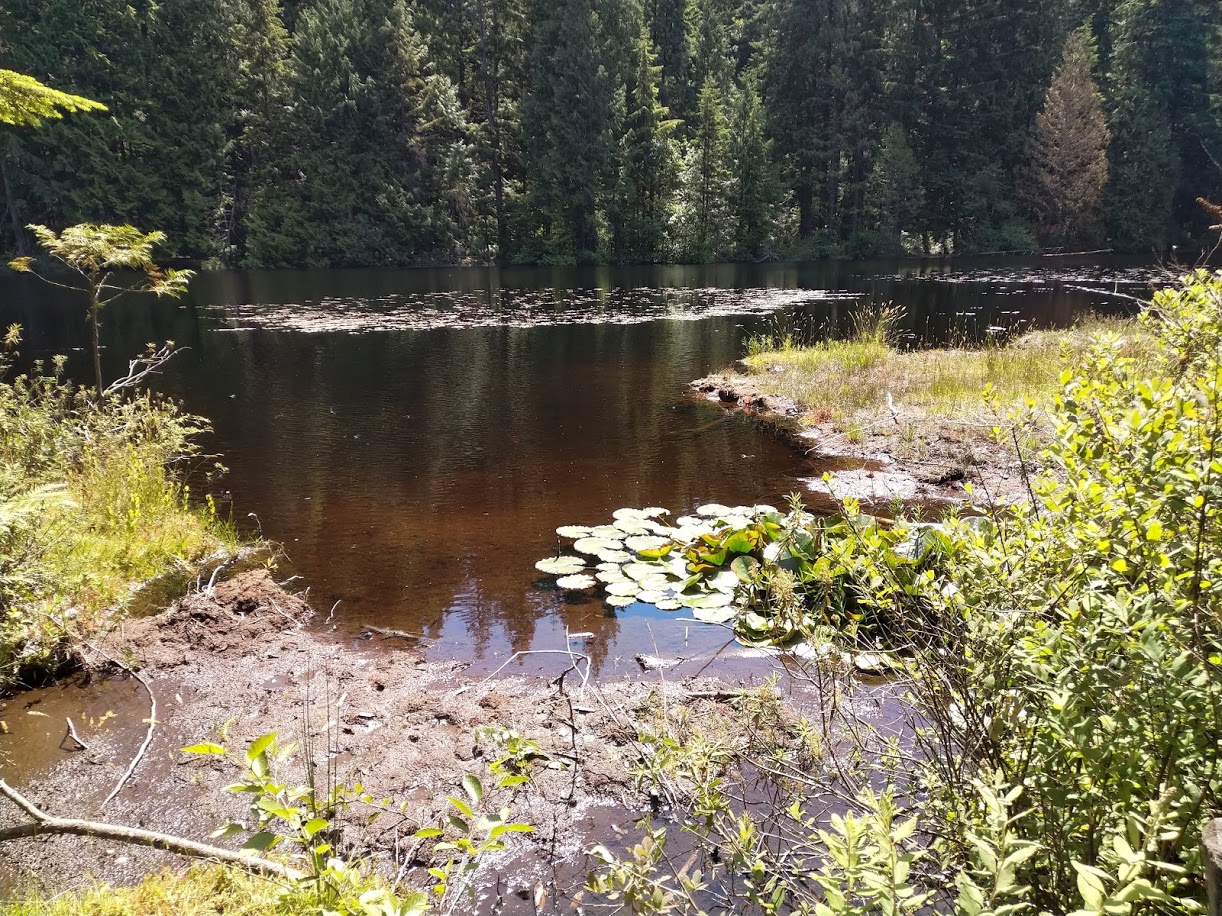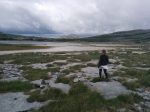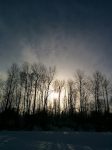This blog used to be called “Running in the Anthropocene,” but I changed it recently due to not being able to run for the last three months. On a positive note, I am beginning to feel much, much better and think I’ll get to start training again, and it’s perfect timing since fall and cooler weather (hopefully!) is just around the corner. We’ve had a drought and a very hot summer. Temperatures once again have broken records. While the US Gulf states are flooding and now Irma, a Category 5 hurricane, is zooming over the Caribbean islands and currently on course to hit Florida by this weekend, British Columbia has had a record-breaking number of wildfires, along with lack of rain and drought all summer. The winds bring the smoke west to the coast, and much of the summer we’ve had gray skies and haze from the wildfires, being trapped by high pressure. It’s been so odd. And North America is not special. South Asia has experienced extreme flooding and disaster conditions. We have had low-lying islands in the oceans completely overwhelmed. It’s happening everywhere.
I’ve never ever been an alarmist, yet am a human who is very concerned for the planet. What is going on is unique for our time, the Anthropocene. While many tune it out or pretend global warming does not exist, many others are observing it intently. We have to, in order to mitigate it as much as we can and also to prepare for, and adapt to, it.
In the last few days I have been heavily involved in writing the first part in a series of articles about weird fiction and ecology: the ecological weird. As I was writing the first part, I was pointing out the deep and historical incorporation of weird realism in weird fiction. And the other piece to the article goes somewhat into how “new weird” fiction is taking into consideration how our planet has evolved and includes the “hyperobject” that is global warming. Weird fiction is very much about gazing above the ordinary object, place, or nature of things–so dealing with something as large as a hyperobject brings in new opportunities for writers to be super-creative in exploring it. But as I was writing, I realized that this is not at all something in the vague future that we will be dealing with but something in the immediate present that we are dealing with. Floods, storm surges, hurricane frequencies and intensities, drought, record-breaking number of wildfires, air quality warnings.
Nobody is exempt from global warming.
It felt extremely uncomfortable to be writing about how fiction handles climate change while I can see it happening outside my door. Like my colleague Brian Burt recently wrote: You can blame climate change on extreme weather. An uneasiness spread throughout my bones as I wrote about the uncanny and bizarre ecological and weird in fiction, mainly because no matter how creative and subtle an imaginative story contains, it is still fiction–and yet we can look out our door and see the fiction that we wrote literally yesterday or are writing now. It’s discomfitting. It is almost like fiction and nonfiction (which may also be super creative and imaginative) are colliding into a vague singularity. It’s like we’re imagining something that once seemed unfathomable and now is precisely here.
The effect of this on writers is something I’ve explored at the main site some. In my climate author spotlight on Nathanial Rich, I noted: Furthering the notion of reality in fiction, Rich stated in the New York Times:
“As the cost of natural disasters soars, reinsurers can’t afford to dismiss the growing evidence of climate change. In fact, they’ve been warning governments for decades.” On Oct. 30 last year [2012], after staying up late to edit the final proofs of my novel, I woke to discover it had already been adapted for television — by CNN, MSNBC, Fox News and every other channel that had interrupted its programming to show images of a flooded New York City. Nature had taken a few liberties with the adaptation. In my novel, New York is hit by Tammy, a Category 3 hurricane; Hurricane Sandy was a Category 1. But the aftermath was largely the same: massive destruction, displacement and despair, modern catastrophe’s dismal triad.
I have thought lots about Rich’s novel Against All Odds lately, especially when news about Harvey, then Irma broke. And now Hurricane Jose is on the horizon.
The uneasiness comes with my North American viewpoint that thus far, at least in the majority of places where I have lived or currently live, global warming always seemed like a distant threat. Now it is not. It’s not like it wasn’t here yesterday and is suddenly here today; nevertheless, the hyperobject that is global warming is creeping along like a spider that grows bigger every day. And it has already hit other areas in the world as a big spider. Maybe it’s like one big mama spider with a lot of babies entering different parts of the web and growing larger and larger, entangling everything in their woven path. It is, after all, “everything change”.
I mean, there comes a time when you say, “Okay, life is still normal,” to the time you realize, “Nothing is normal anymore and never will be again.” We’ve crossed that line. There’s a finality to that, and you can’t reverse it. When I was reading Ali Smith’s novel Autumn, which I spotlighted here, I read a thoughtful article in The Nation, which stated:
Rather than large-scale catastrophe, Smith is interested in the dissonant moments that break into the awareness of people whose lives are not immediately threatened by environmental disaster: plants flowering out of season, winter days that feel like spring, the steady creep of coastal erosion.
It’s these dissonant moments I’ve observed for a while: a super early blooming Rowan tree, my one and a half year old cherry tree blossoming in November while covered by snow, abnormal weather season after season, a growing sense of insecurity. In the article, it points out that catastrophe often feels like a technical thing that can be solved, and that is misleading, because if we think of global warming as catastrophic, it cannot at all be solved and we shouldn’t fool ourselves into thinking it’s that simple. And there are other issues that exasperate everything and cause further dread. I like what author John Atcheson told me once:
There’s a vague sense of dread, even among those who don’t acknowledge climate change, and dystopian stories allow them to grapple with their fear. Actually, I think the dread goes beyond climate change. The institutions and the disciplines we used to rely on are in disrepute so there’s an inchoate sense of doom.
This is exactly what I’ve been feeling lately. If you look at a “leader” like Trump and realize he is not a person one can trust nor rely on, things just look worse and worse. I feel a sense of that inchoate dread of extinction. Maybe not complete extinction for everything and everyone, but an ending to the patterns of the life we know. Not just for me, because of course everyone dies at some point, but of seasons, traditions, food sources, weather patterns, natural and fresh water, ocean and air and soil health, trust and reliability, medical resources, and so forth. And once you take away these things, what happens? I’m sure that, despite the fact some species will and already have gone away, that humans will most likely continue in some form, unless a larger cosmic type of catastrophe happens. I am not even worried about myself, but about our children and grandchildren, and on down the line. I would like to think that the spirit of humanity is not ceasing, and that people will always find ways to survive and be happy. So maybe it’s just a feeling of ending what we’ve known going away. Something as seemingly simple, but oh-so-important as seasons, are disappearing as we knew then. And there is another sense that we’re losing life-long places (low-lying islands, coastlines, cities) due to climate change. Landscapes change, but this is drastic change.
Some things offset this loss, especially the grounding of the familiar, like of a cousin, uncle, and aunt coming to visit next month and plans to hike and just have fun being together. Of my Friday night phone calls with Mom. Or the wonderful email chains with my sister. Or the knowledge my kids are so happy and outgoing and truly lovely people. Security comes from the fortunate feelings of being surrounded by love, whether it’s from my husband or other family, the continued fortunate fact that I have a job–a job I absolutely love, since I work closely with students every day and feel I may be contributing in some small way to younger people who are interested in sustainability and renewable energy. And I get to do my “dream job” outside of that, which includes editing and writing and researching. There’s nothing in my life I would change at all, not even living in a place where bears show up scaring me in my yard–because, to me, this is the most beautiful place on Earth. We’re just steps from rainforests and beaches and mountains. Not trying to brag–just supporting the fact that despite that sense of doom, the present is still largely reliable, thanks to the people in my life and the very fortunate opportunities we have. And it seems like in human history, tragedy is so often offset by loved ones. In fact, in my interview with author Cory Doctorow, he talked a lot about research showing that in disaster, overwhelmingly people try to reach out and help each other.
Writing is my personal thing that keeps me grounded too. I’ve been working hard on my own books and actually started Facebook and Twitter author accounts, if you want to follow me. My Twitter isn’t brand new, but I kept forgetting about it and hadn’t posted there much in the past.
